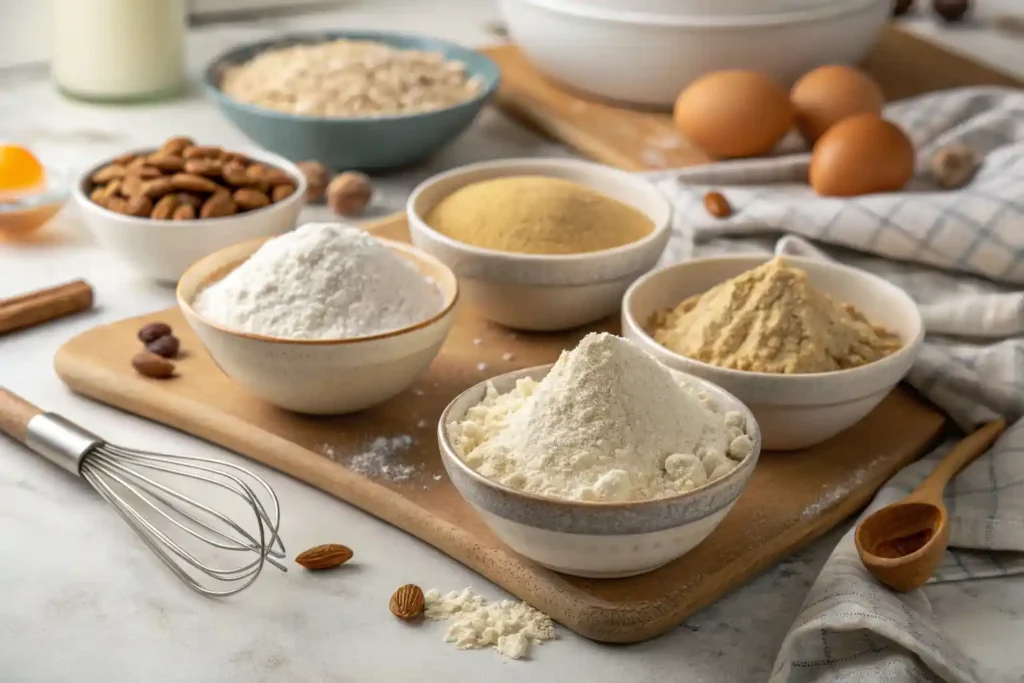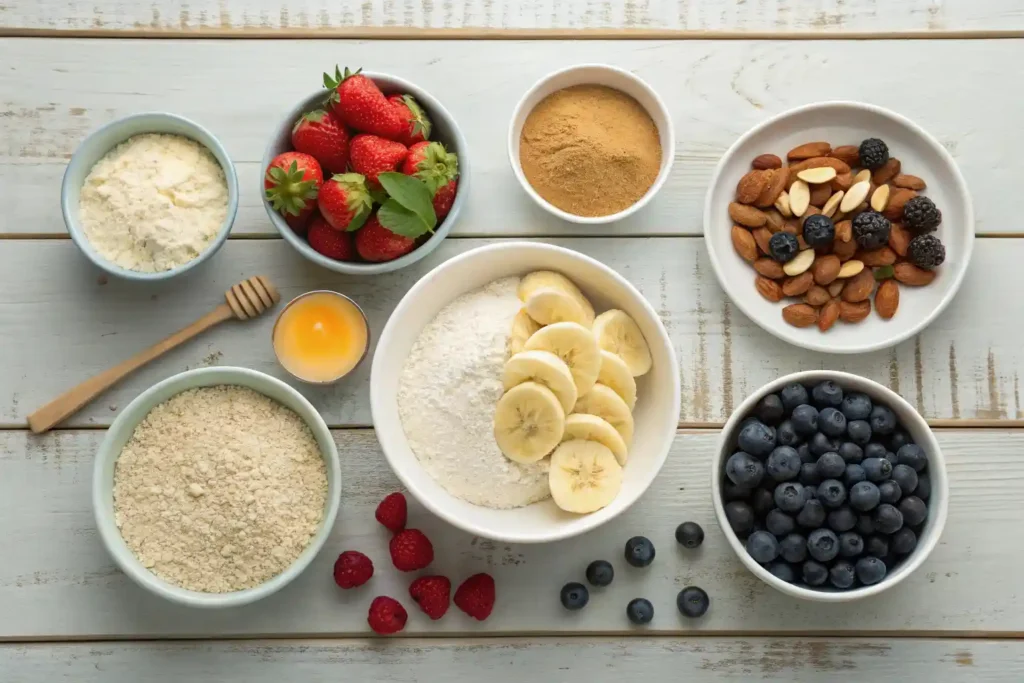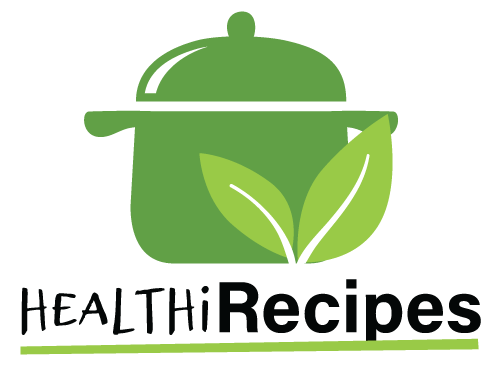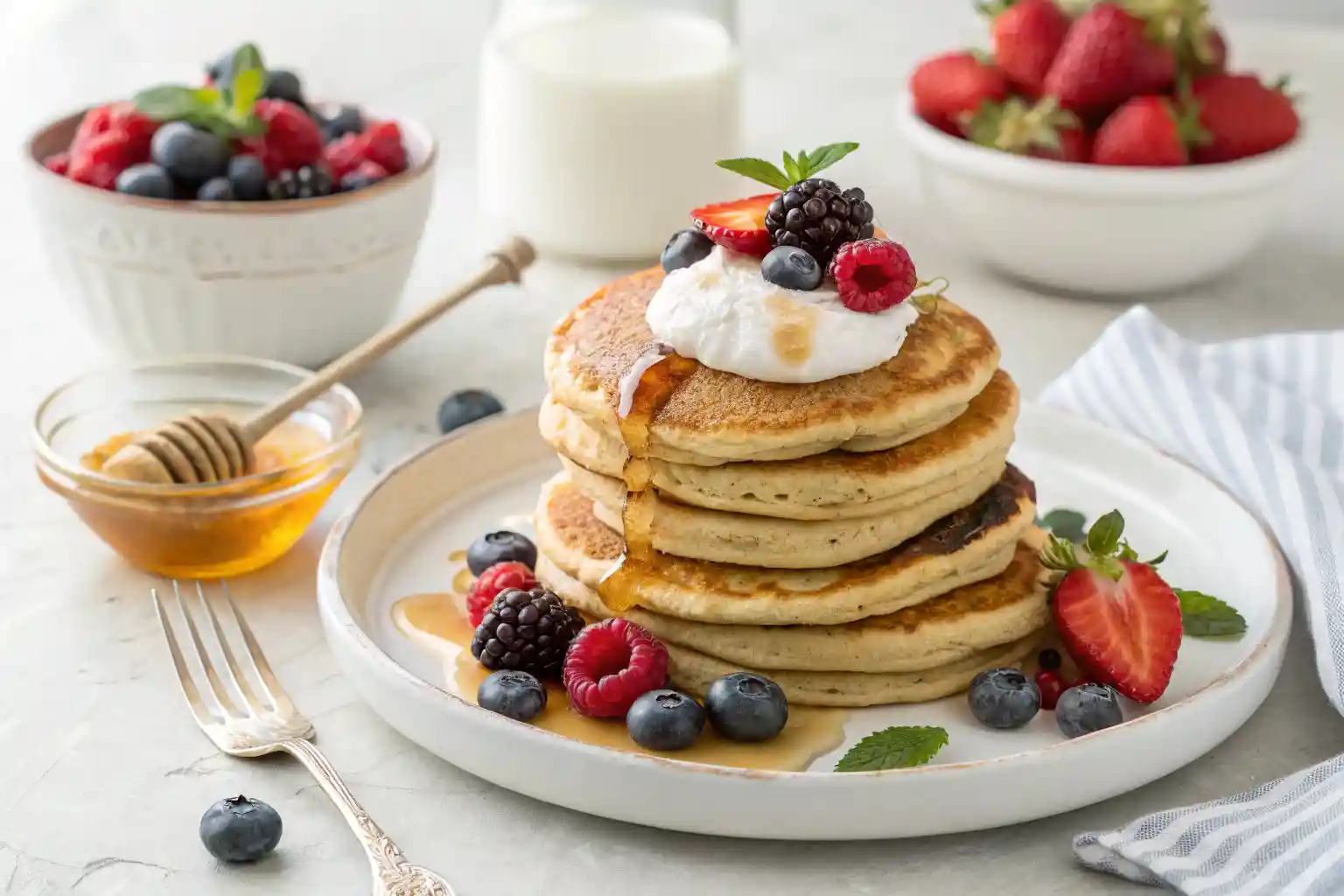Table of contents
1. Are Pancake Mixes Healthy?
When it comes to breakfast, pancakes are a beloved choice for many. However, the healthiness of pancake mixes can vary significantly based on their ingredients. Understanding whether pancake mixes are healthy involves examining their nutritional content and the types of ingredients used.
Nutritional Value of Pancake Mixes
- Ingredients Matter: Many pancake mixes contain refined flour, sugar, and preservatives. These ingredients can lead to a higher calorie count and lower nutritional value.
- Whole Grains: Look for mixes that use whole grain flour, which provides more fiber and nutrients compared to refined flour.
- Added Sugars: Some mixes have high sugar content. Opt for those with little to no added sugars to keep your breakfast healthy.
Health Benefits and Drawbacks
- Benefits:
- Convenience: Pancake mixes save time, making them a quick breakfast option.
- Fortified Options: Some brands fortify their mixes with vitamins and minerals, enhancing their nutritional profile.
- Drawbacks:
- High in Carbs: Many pancake mixes are high in carbohydrates, which can lead to spikes in blood sugar levels.
- Preservatives: Some mixes contain artificial ingredients and preservatives that may not be beneficial for health.
Choosing the Right Pancake Mix
To ensure you’re making a healthy choice, consider the following tips:
- Read Labels: Always check the ingredient list and nutritional information.
- Look for Whole Grains: Choose mixes that list whole grains as the first ingredient.
- Low Sugar Content: Aim for mixes with less than 5 grams of sugar per serving.
2. What is the Healthiest Type of Pancake?
When it comes to pancakes, not all types are created equal. The healthiest pancakes are those made with nutritious ingredients that provide energy and essential nutrients.
Whole Grain Pancakes
- Benefits of Whole Grains: Whole grain pancakes are made from flour that retains the bran and germ, providing more fiber, vitamins, and minerals.
- Fiber Content: Increased fiber helps with digestion and can keep you feeling full longer.
Gluten-Free Options
For those with gluten sensitivities or celiac disease, gluten-free pancakes can be a great alternative. Here are some popular gluten-free flours:
- Almond Flour: High in protein and healthy fats, almond flour is a nutritious choice.
- Oat Flour: Made from ground oats, this flour is rich in fiber and has a mild flavor.
- Coconut Flour: Low in carbohydrates and high in fiber, coconut flour is another excellent option.
Protein-Packed Pancakes
Adding protein to your pancakes can enhance their nutritional value. Here are some ways to boost protein content:
- Greek Yogurt: Incorporate Greek yogurt into your batter for added creaminess and protein.
- Protein Powder: Mix in a scoop of your favorite protein powder to increase the protein content without altering the flavor significantly.
- Eggs: Using more eggs in your pancake mix can also boost protein levels.
3. What is the Healthiest Way to Eat Pancakes?
Pancakes can be a part of a healthy breakfast when paired with nutritious toppings and sides. Here are some tips for making your pancake meal healthier.
Healthy Toppings
- Fresh Fruits: Top your pancakes with berries, bananas, or apples for added vitamins and natural sweetness.
- Nuts and Seeds: Sprinkle nuts or seeds on top for healthy fats and protein.
- Yogurt: Use Greek yogurt instead of syrup for a creamy, protein-rich topping.
Portion Control
- Serving Sizes: Be mindful of portion sizes. A serving of pancakes is typically 2-3 pancakes, depending on their size.
- Balance Your Plate: Pair pancakes with a source of protein (like eggs or yogurt) and a serving of fruit to create a balanced meal.
Pairing with Other Foods
- Nut Butter: Spread almond or peanut butter on your pancakes for healthy fats and protein.
- Smoothies: Serve pancakes with a side of a green smoothie for added nutrients and fiber.
4. What Flour is Healthiest for Pancakes?

The type of flour you use can significantly impact the healthiness of your pancakes. Here’s a breakdown of some of the healthiest flour options.
Overview of Flour Options
- Whole Wheat Flour: A popular choice for healthier pancakes, whole wheat flour is rich in fiber and nutrients.
- Almond Flour: Low in carbs and high in healthy fats, almond flour is a great gluten-free option.
- Oat Flour: Made from ground oats, oat flour is nutritious and adds a mild flavor to pancakes.
Nutritional Benefits of Each Type
- Whole Wheat Flour: Contains more fiber, which aids digestion and helps maintain stable blood sugar levels.
- Almond Flour: Provides healthy fats and protein, making it a filling option.
- Oat Flour: Rich in beta-glucans, which can help lower cholesterol levels.
Best Practices for Using Flour
- Mixing Flours: Consider combining different flours for a balanced nutritional profile. For example, mixing whole wheat and almond flour can enhance flavor and texture.
- Storage: Store flours in a cool, dry place to maintain freshness and prevent spoilage.
5. Are Homemade Pancakes Healthy?
Homemade pancakes can be a healthier alternative to store-bought mixes, primarily because you have complete control over the ingredients. Here’s a closer look at the benefits and considerations of making pancakes at home.
Benefits of Homemade Pancakes
- Control Over Ingredients: You can choose high-quality, nutritious ingredients, avoiding preservatives and artificial additives.
- Customization: Tailor the recipe to meet dietary needs, such as gluten-free, vegan, or low-carb options.
- Freshness: Homemade pancakes are often fresher and can be made in smaller batches, reducing waste.
Easy Homemade Pancake Recipes
Here are a couple of quick and healthy pancake recipes you can try at home:
1. Whole Wheat Banana Pancakes
- Ingredients:
- 1 cup whole wheat flour
- 1 ripe banana, mashed
- 1 cup milk (dairy or plant-based)
- 1 egg
- 1 tsp baking powder
- 1 tsp vanilla extract
- Directions:
- In a bowl, mix the flour and baking powder.
- In another bowl, combine the mashed banana, milk, egg, and vanilla.
- Combine wet and dry ingredients until just mixed.
- Cook on a preheated skillet until bubbles form, then flip.
2. Gluten-Free Almond Flour Pancakes
- Ingredients:
- 1 cup almond flour
- 2 eggs
- 1/4 cup milk (dairy or plant-based)
- 1 tsp baking powder
- Pinch of salt
- Directions:
- Mix all ingredients in a bowl until smooth.
- Pour batter onto a hot skillet and cook until golden brown on both sides.
Meal Prep Ideas
- Batch Cooking: Make a large batch of pancakes and freeze them. Reheat in the toaster or microwave for a quick breakfast.
- Mix and Match: Prepare different flavors (e.g., blueberry, chocolate chip) to keep breakfast exciting.
6. What is the Healthiest Substitute for Flour?
If you’re looking to make pancakes healthier or cater to specific dietary needs, consider using flour substitutes. Here are some popular options:
Common Flour Substitutes
- Almond Flour: Low in carbs and high in healthy fats, almond flour is a great gluten-free option. It adds a nutty flavor and is rich in protein.
- Coconut Flour: This flour is high in fiber and low in carbohydrates. However, it absorbs a lot of moisture, so you may need to adjust the liquid in your recipe.
- Oat Flour: Made from ground oats, oat flour is nutritious and adds a mild flavor. It’s also gluten-free if made from certified gluten-free oats.
Tips for Using Flour Substitutes
- Adjust Liquid Ratios: Different flours absorb moisture differently. Be prepared to adjust the liquid in your recipes accordingly.
- Combine Flours: Mixing different flours can yield better texture and flavor. For example, combining almond flour with coconut flour can create a balanced pancake.
7. Recipe Ingredients and Directions

Now that we’ve covered the health aspects of pancakes, let’s dive into a delicious and quick recipe for healthy pancakes that you can whip up in no time.
Quick and Healthy Pancake Mix Recipe
Ingredients:
- 1 cup whole wheat flour
- 1 tsp baking powder
- 1/2 tsp baking soda
- 1/4 tsp salt
- 1 cup milk (dairy or plant-based)
- 1 egg
- 1 tbsp honey or maple syrup (optional)
- 1 tsp vanilla extract
- Optional: 1/2 cup blueberries or chocolate chips
Directions:
- Mix Dry Ingredients: In a large bowl, whisk together the whole wheat flour, baking powder, baking soda, and salt.
- Combine Wet Ingredients: In another bowl, mix the milk, egg, honey (if using), and vanilla extract.
- Combine Mixtures: Pour the wet ingredients into the dry ingredients and stir until just combined. If using, fold in blueberries or chocolate chips.
- Cook: Heat a non-stick skillet over medium heat. Pour 1/4 cup of batter for each pancake. Cook until bubbles form on the surface, then flip and cook until golden brown.
- Serve: Top with your favorite healthy toppings, such as fresh fruit, yogurt, or nut butter.
8. Conclusion and FAQs
Summary of Key Points
In conclusion, pancakes can be a delightful and nutritious addition to your breakfast routine, especially when made with healthy ingredients and paired with wholesome toppings. By opting for whole grain pancake mixes or making your own from scratch, you can ensure that your pancakes are not only delicious but also beneficial for your health.
For those busy mornings, consider the convenience of options like Healthy Choice Frozen Meals, which can complement your pancake breakfast. Additionally, if you’re looking for variety, try incorporating other quick meals such as a Healthy Breakfast Burrito into your routine. Lastly, for families, exploring options like Healthy Cereal for Kids can provide a balanced start to the day.
FAQs
- Are pancake mixes healthy?
- It depends on the ingredients. Look for whole grain options with low sugar content.
- What is the healthiest type of pancake?
- Whole grain pancakes or those made with gluten-free flours like almond or oat flour are healthier choices.
- What is the healthiest way to eat pancakes?
- Top with fresh fruits, nuts, or yogurt instead of syrup for a healthier meal.
- What flour is healthiest for pancakes?
- Whole wheat flour, almond flour, and oat flour are all nutritious options.
- Are homemade pancakes healthy?
- Yes, especially when made with wholesome ingredients and tailored to your dietary needs.
- What is the healthiest substitute for flour?
- Almond flour, coconut flour, and oat flour are great alternatives, depending on your dietary preferences.

